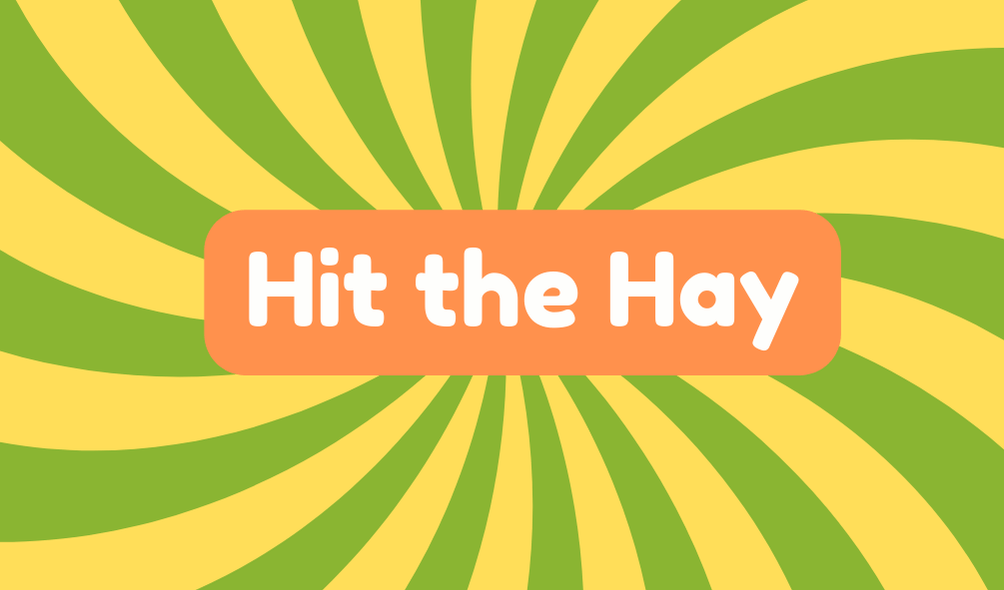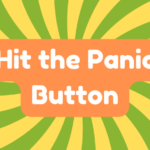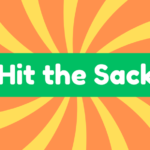When you say "hit the hay," you mean to go to sleep. This expression originates from the 19th century when hay mattresses were common. It gained popularity as military slang during WWI, linking it to the working-class norms of that time. For example, you might say, "I'm planning to hit the hay early tonight." This phrase remains relevant today, emphasizing the importance of rest in our busy lives. It serves as a reminder to prioritize sleep. If you're curious about the cultural significance and other expressions related to sleep, you might find some interesting insights ahead.
Synonyms
When you're ready to call it a night, there are several synonyms for "hit the hay" that you can use. These sleep phrases and bedtime expressions can add variety to your nightly routine. Here are a few alternatives to evaluate:
- Tuck in – A classic term, often reserved for family settings.
- Catch some Zs – A playful expression emphasizing the act of sleeping.
- Turn in – A straightforward way to signal it's time for bed.
- Get some shut-eye – This phrase reflects a casual attitude towards sleep.
Using diverse expressions not only makes your speech more engaging but also reflects your innovative approach to everyday conversations. Embracing these alternatives can ultimately enhance your connection with others when discussing that essential nightly ritual.
Example of Sentences
Using phrases like "hit the hay" can spice up your conversations about sleep. They add color to discussions about your sleep patterns and bedtime rituals. Here are some example sentences:
- "I've got a busy day tomorrow, so I'll hit the hay early tonight."
- "After relaxing with a book, I decided to hit the hay, ensuring a good night's sleep."
- "With all this talk about bedtime rituals, you should really hit the hay sooner."
- "Since my sleep patterns are off, I aim to hit the hay by ten every night."
These phrases encourage more engaging conversations. They also serve as a reminder that improving your sleep habits is essential for overall well-being, so why not infuse a bit of fun language into bedtime discussions?
Origin
The phrase "hit the hay" originates from the historical practice of sleeping on hay mattresses, which were common in the 19th century. This expression reveals the historical significance of bedding in cultural practices of the time. It reflects a simplistic perspective on the ordinary act of resting, which many take for granted today. Curiously, its first recorded uses appear in literature from that era, but it gained traction as military slang during World War I.
| Aspect | Details |
|---|---|
| Historical Context | 19th-century hay mattresses |
| First Recorded Use | Literature from the 1800s |
| Popularization | Early 20th century |
| Cultural Insight | Represents working-class norms |
Ultimately, "hit the hay" bridges past and present attitudes toward sleep.
Collocations
While many phrases convey the idea of going to sleep, "hit the hay" frequently pairs with certain words and phrases to enhance its meaning. Understanding these collocations can help you create effective bedtime routines and improve your sleep hygiene. Here are four common collocations you might encounter:
- Hit the hay early – Emphasizes productivity and health.
- Hit the hay soon – Indicates urgency in getting enough rest.
- Hit the hay after a long day – Associates sleep with the need for recovery.
- Hit the hay tired – Connects fatigue directly to the act of sleeping.
Recognizing these collocations not only makes you sound more natural in conversation but also reflects an awareness of the significance of sleep in our daily lives.
How to Use in Everyday Language
Incorporating "hit the hay" into your everyday conversations can make discussions about sleep feel more relatable and casual. You might find that using this phrase during casual conversations about your sleep routines makes you seem approachable and easygoing. For instance, when chatting with friends, you could say, "I'm exhausted; I'm ready to hit the hay," rather than providing a lengthy explanation. This helps keep the conversation light and engaging. However, it's essential to remain aware of your audience; not everyone may resonate with idioms. Being innovative with language is great, but overusing phrases can make you seem clichéd. Balance is key—using "hit the hay" sparingly allows it to maintain its charm while enhancing your communication style.
Why Is It Still Relevant Today?
"Hit the hay" remains a relevant phrase today because it captures the universal experience of needing rest in a simple and relatable way. Despite cultural shifts that often prioritize productivity over sleep, this idiom resonates with our modern bedtime habits. As you navigate the demands of daily life, the reminder to "hit the hay" highlights the vital balance between work and rest. The phrase reflects a timeless truth: we all need sleep, regardless of our fast-paced, tech-driven lives. While some may dismiss its simplicity, embracing the concept of winding down can lead to better well-being. So, the next time you find yourself exhausted, remember that it's okay to hit the hay and recharge. After all, innovation starts with a good night's sleep.







